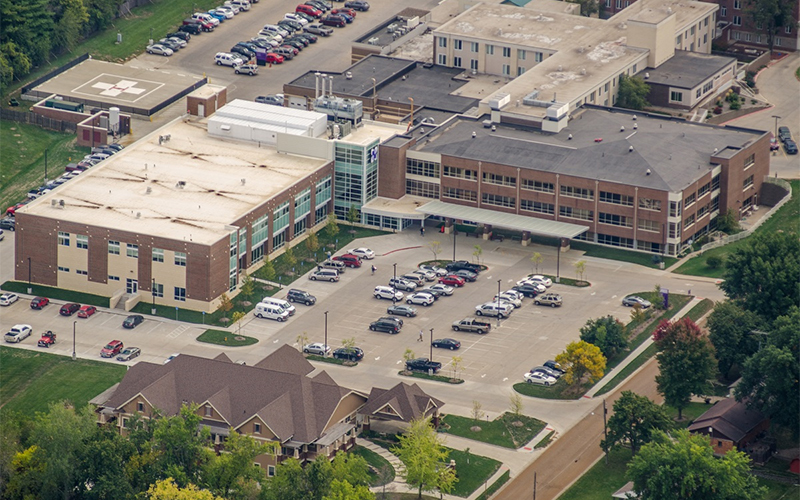MAHASKA COUNTY – Mahaska County has recently seen an increase in the number of syphilis cases identified and reported to the Iowa Department of Public Health.
According to Mahaska Health Partnership Infection Control Coordinator Heather Cook, RN, BSN, syphilis is a sexually transmitted disease (STD) that can cause long-term medical complications if not treated correctly. “Most of the time, a simple blood test can be used to determine if a person has syphilis and it can be cured with the right antibiotics, but treatment will not undo any damage that the infection has already done,” Cook stressed.
The Centers for Disease Control and Prevention (CDC), state that any sexually active person can get syphilis or other STDs through unprotected anal, vaginal or oral sex. There are about 20 million new cases of STDs each year in the US, and about half of these are in people between the ages of 15 and 24. In Iowa, STDs are also a significant health threat, with more than 14,000 infections reported in 2015.
Syphilis has been called ‘the great imitator’ because it has so many possible symptoms, many of which look like symptoms from other diseases. The painless syphilis sore that you would get after you are first infected can be confused for an ingrown hair, zipper cut or other seemingly harmless bump. The non-itchy body rash that develops during the second stage of syphilis can show up on the palms of your hands and soles of your feet, all over your body or in just a few places.
Cook said that syphilis can also affect the eye and can lead to permanent blindness. “You could also be infected with syphilis or other STDs and have very mild symptoms or none at all,” Cook explained. “However, it is vital to note that without treatment, STDS can lead to lifelong repercussions for a woman’s reproductive health, including pelvic inflammatory disease and infertility.”
The surest way to protect yourself against STDs is to not have sex. That means not having any vaginal, anal or oral sex (“abstinence”). According to the CDC, abstaining from sex, reducing the number of sexual partners, and consistently and correctly using condoms are all effective prevention strategies. Safe, effective vaccines are also available to prevent hepatitis B and some types of the human papillomavirus (HPV) that cause disease and cancer.
“Washing your genitals, urinating or douching after sex will not protect you from getting syphilis or other STDs,” Cook said. “For everyone who is sexually active but particularly young people who have a higher incidence of STDs, screening and prompt treatment if you are infected, are critical to protect your health and prevent transmission to others.
“It is also vital to have an honest and open talk with your healthcare provider and ask whether you should be tested for syphilis or other STDs,” Cook stated. “If you choose to have sex, you need to know how to protect yourself against sexually transmitted diseases.”
For more information regarding STDs, visit the CDC website at www.cdc.gov .
Mahaska Health Partnership, located in Oskaloosa, is a non-profit health system accredited by the Joint Commission. It is guided by its mission to provide exceptional customer service and health improvement, linking the science of medicine with the humanity of compassionate care. For more information about how Mahaska Health Partnership is making healthcare personal, look us up on the web: mahaskahealth.org.
Story provided by Osky News




